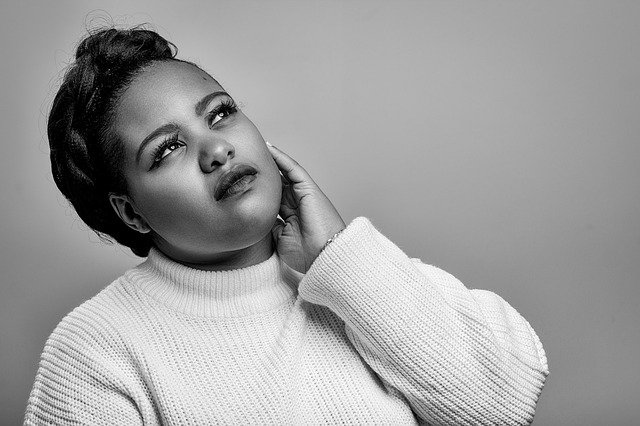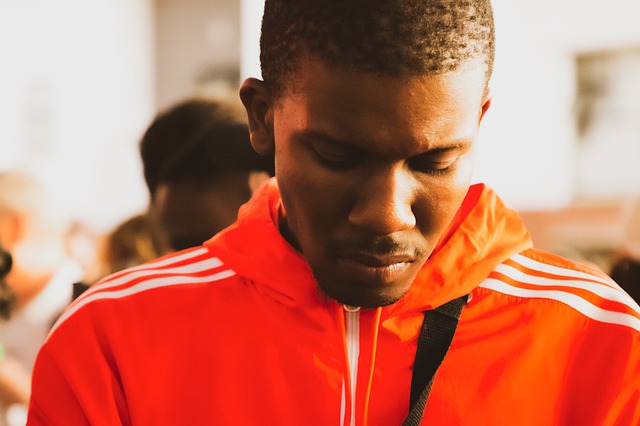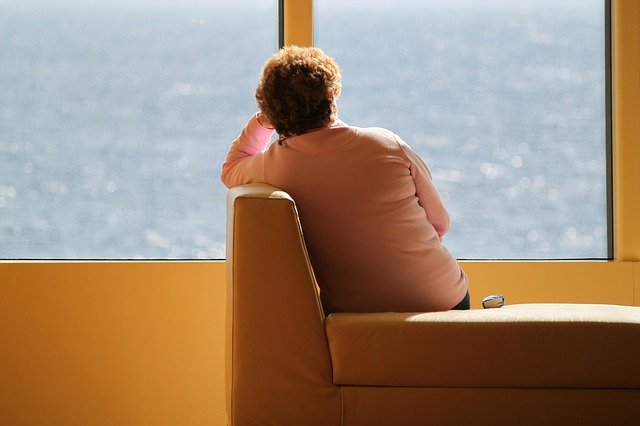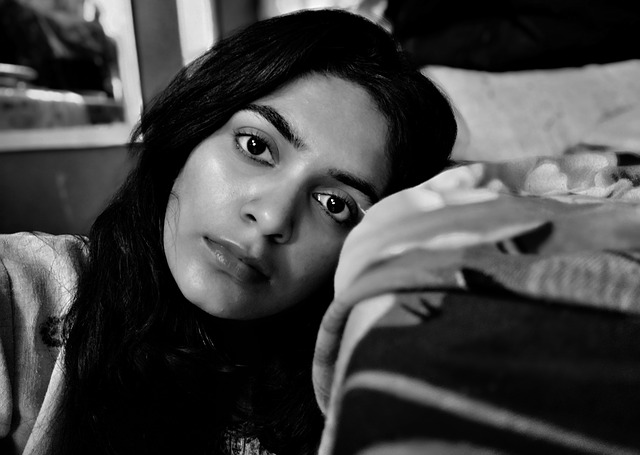Depression
Age and depression relationship, but not in the way you might think. Too many people find it hard to understand a child or teenagers having depression. “What’s he got to be depressed about?” they may say. “He doesn’t have bills to pay!” However, depression does not have an age limits, time limitation or when or where will turn up. Yet, often overlooked, and it should be taken seriously, no matter the age of the person suffering “What you must understand about me is that I’m a deeply unhappy person.” ―
Age and Depression
In addition, here’s some statistics In a 2017 study showed that, in the United states, adolescents 12 to 17 had a higher prevalence (13.3%) of a major depressive episode than adults (7.1%) 18 and over. This same study shows that, of the adults with a depressive episode, it was so bad for the 63.8 % that it severely impaired their day-to-day lives, and 65% of sufferers received treatment. Among adolescents, however, 70.77% had severe impairment, but just 41.9% received treatment. This disparity is shocking.
Age and depression is not relevant?
In truth, to explain honestly, it’s sad that I feel the need to justify and explain how serious an issue depression is for teens. And even younger children. Depressive disorder is a mental illness. It needs to be taken seriously and treated. Never let anyone, especially not a health professional, tells you that your teen is “too young to have depression.” Depression has no such age limit, and that kind of mindset only puts our young people at risk.
Depression & age limits.
In fact, Major depressive disorder is a mood disorder characterized not only by prolonged, intense sadness, but also loss of interest in day-to-day activities. In other words, it makes it harder to do just about everything. Furthermore, no two cases of depression are exactly the same and it has nothing to do with a person age, race or sexual orientation.
Depression signs
Unfortunately, not everyone displays the same signs. Your teenager may be a child that’s attractive and popular. Appear on the outside as happy. But inside, they are hurting and struggling with depressed feeling that is hard to explain. Consequently, over time, in an attempt to fill the emptiness and void take its toll. And, while impulsive behavior, mood swings or abnormal activities are just a few of the signs. Not a phase you may think your teen is going through. Others may stay in bed or locked away for days. In fact, depression most sufferers reports feeling empty and hollow. Describe as a darkness. And no matter how much they are surrounded by happy and loving supportive people the feeling remains.
Symptoms include:
• Over- or undereating (and so weight loss/gain)
• Under-sleeping (and so lethargy)
• Bouts of crying
• Withdrawing from social interaction
• Self-harm (physically and/or emotionally)
• Pre-occupation with death and suicide
Depression-Alarming should I Say more!
As a result, by continuing ignoring the signs and refusing anyone (especially a child) the care they need, we are putting them at risk. Parents and guardians of teens and children with depression need to understand the dangers: You may end up having to take your youth to the ER after a failed suicide attempt. And, while it may seem drastic. Admission to the psych ward may be necessary for their safety.
Age and Depression support
Fortunately, it is not all bad news. Depressed people with a strong support system are a lot less likely to go down that path. Support starts with acknowledgement and it grows stronger with empathy and understanding. Show your teen that you are willing to provide all the support you can. Be a listening ear, a shoulder to cry on. Don’t shame them, tell them to ‘cheer up’, or tell them they’re weak. Be aware of the subtle signs that they aren’t doing so well, and intervene when necessary.
Go for walks with them, encourage them to exercise. If you feel your therapist isn’t taking your child’s issues seriously, find another one.
Depression is serious, but it can be treated and beaten.





